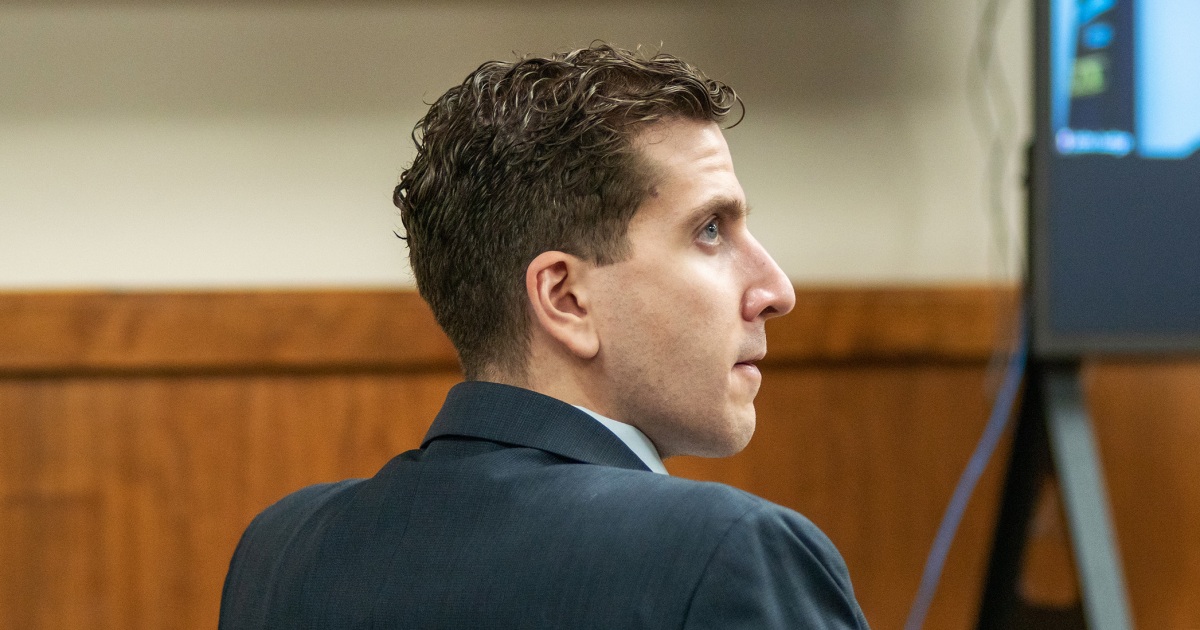The man accused of murdering four University of Idaho students two years ago may be punished with the death penalty if he is convicted, the trial judge has ruled.
At a hearing this month in Boise, Idaho, suspect Bryan Kohberger’s defense team had tried to convince District Court Judge Steven Hippler to block his trial, scheduled for August, from becoming a capital murder case.
But Hippler found Kohberger’s defense had failed in providing an alternative method of execution in Idaho to death by lethal injection or firing squad that is not “unduly painful,” the judge said in his order issued Tuesday.
“Defendant must come forward with an alternative method,” Hippler concluded. “He has not done so, thus foreclosing his claim.”
Idaho’s alternative to the death penalty for a first-degree murder conviction is life in prison with at least 10 years served before becoming eligible for parole.
Prosecutors had said in court filings that four aggravating factors exist in the case against Kohberger, who turns 30 on Thursday, making the crime more severe and meriting the death penalty. They are that there are multiple victims; the murders were “especially heinous, atrocious, or cruel”; the suspect exhibited “utter disregard for human life” and has “a propensity to commit murder which will probably constitute a continuing threat to society,” according to the filing.
A jury must concur that at least one aggravating factor pertains in order for a defendant in a capital case to be sentenced to death. The jury must also unanimously agree to impose a death sentence.
At the hearing, Idaho Deputy Attorney General Jeff Nye had argued against the defense’s claims that the death penalty is unconstitutional because it would be “dehumanizing” to have Kohberger sitting on death row “for years and years and years” if the state does not have a viable method to administer an execution.
“You don’t get to short-circuit the whole thing that death is off the table,” Nye said, adding “that’s not to say decades from now there’s not going to be a method to put him to death.”
Idaho has not executed anyone since 2012 because the state, like many others, has had trouble procuring lethal injection drugs.
However, Hipple noted at the hearing that the state did get the necesessary drugs as it awaits to put to death inmate Thomas Creech, who was convicted of five murders in three states and sentenced to death in 1983. His execution remains temporarily halted as he appeals after the state’s attempt to execute him in February was abandoned when prison staff failed to establish an IV line in the death chamber.
An alternative method to lethal injection — death by firing squad — was signed into law last year, but a revamped chamber to allow for it has yet to be constructed.
Anne Taylor, Kohberger’s public defender, had also challenged the prosecution’s claim that her client deserves the death penalty because he could pose a future danger to society — which, she contended, is vague because defendants are routinely accused of being dangerous.
“That can’t be true when you sit in court day after day after day, and you hear that about person after person after person,” Taylor said. “This statute doesn’t do anything to help a jury decide who is the worst of the worst.”



